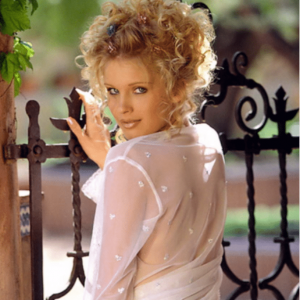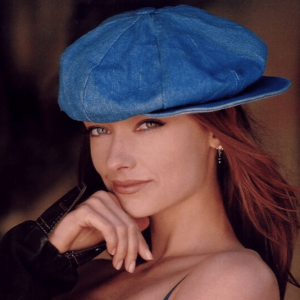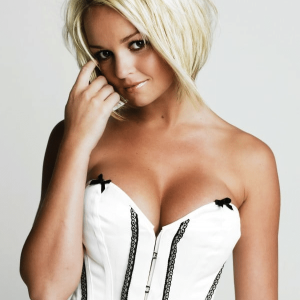In 2003, Woody Allen introduced “Anything Else”, a film that stands as a unique chapter in his expansive body of work. Premiering as the opening night feature at the Venice International Film Festival, the film initially garnered mixed reviews. Yet, over time, it has found a devoted audience that appreciates Allen’s signature blend of neurotic wit and heartfelt storytelling. Set against a modern-day backdrop, “Anything Else” combines humor and complexity in its exploration of love, relationships, and the peculiarities of the human condition.
Plot Overview: Love, Humor, and Complexity Collide
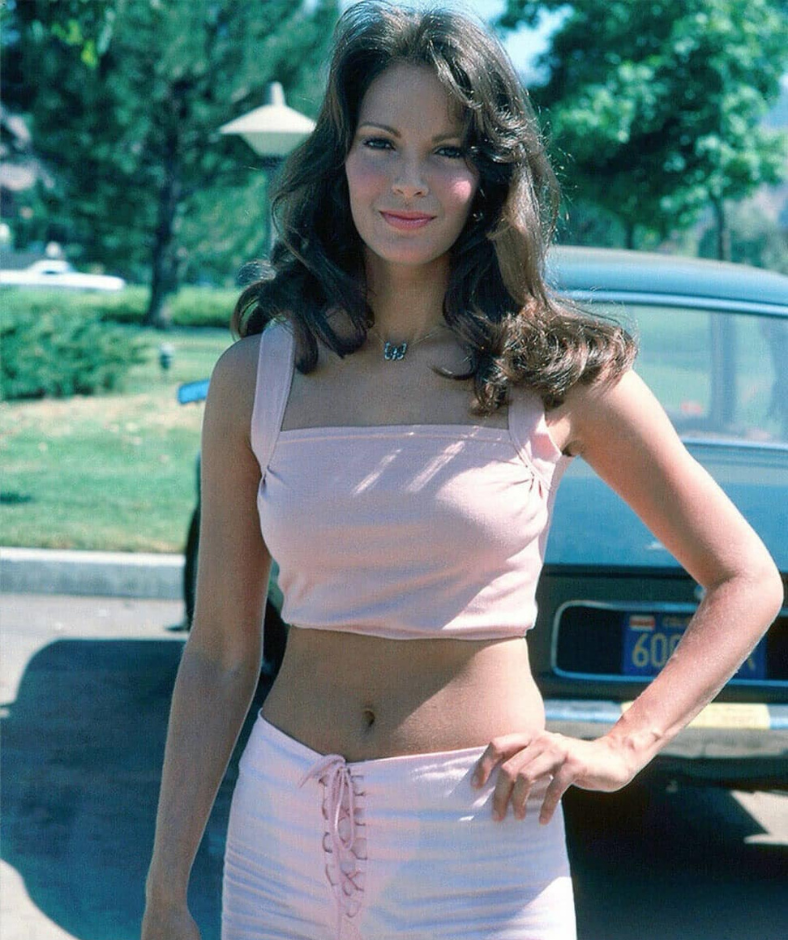
The plot of “Anything Else” revolves around Jerry Falk (played by Jason Biggs), a young and struggling writer in New York City who becomes entangled in a tumultuous romance with Amanda (portrayed by Christina Ricci). Amanda is a charismatic but high-maintenance girlfriend who brings chaos into Jerry’s otherwise predictable life. As Jerry tries to navigate his way through his faltering relationship, he encounters David Dobel (played by Woody Allen), a seasoned writer and mentor who offers him guidance—albeit in the most unconventional ways.
Allen’s character, Dobel, is more than just a mentor; he’s a reflection of the older generation’s perspective on life, love, and work. His wisdom often borders on the absurd, yet it becomes a crucial element in Jerry’s personal and professional development. This mentor-protégé dynamic becomes the heart of the film, showcasing Allen’s signature approach to storytelling.
Christina Ricci as Amanda: A Standout Performance
One of the standout aspects of “Anything Else” is the performance of Christina Ricci as Amanda. Ricci breathes life into Amanda’s character, portraying her as a complex mix of vulnerability, selfishness, and unpredictability. Amanda is not your typical romantic lead; she is manipulative, needy, and often exasperating, yet she remains irresistibly captivating.
Ricci’s performance adds depth to the film’s portrayal of dysfunctional relationships. Her chemistry with Jason Biggs makes the love story feel both authentic and awkward—exactly the balance Allen aims for. Ricci’s portrayal of Amanda’s flaws and insecurities lends the film a layer of realism that resonates with viewers who understand the complexities of modern romance.
Jason Biggs and Woody Allen: An Unlikely On-Screen Duo
Jason Biggs, known for his comedic roles, delivers a compelling performance as the neurotic yet endearing Jerry. His character embodies the indecisiveness and anxiety typical of Allen’s protagonists. Biggs’ portrayal captures the essence of a man caught between ambition and emotional dependency, making Jerry a relatable character for audiences.
Paired with Woody Allen’s character, David Dobel, the film takes on a different dimension. Dobel’s eccentricity and paranoid worldview add a humorous twist to the story. As Dobel dispenses advice—ranging from relationship tips to survival tactics for potential Armageddon—his presence becomes a counterbalance to Jerry’s often timid approach to life. This mentor-student relationship creates a unique comedic dynamic that drives the film forward and adds a layer of absurdity to the otherwise realistic portrayal of romantic woes.
Supporting Cast: Adding Flavor to the Film’s Humor
The supporting cast of “Anything Else” brings additional layers of comedy and drama to the film. Jimmy Fallon, in one of his early acting roles, plays Jerry’s agent, adding a dash of dry humor and absurdity. Meanwhile, Stockard Channing shines as Amanda’s overbearing mother, a woman whose meddling only complicates Jerry’s already chaotic relationship with Amanda.
Danny DeVito also makes a memorable appearance as Jerry’s psychiatrist, offering comically ineffective therapy sessions that further highlight Jerry’s inability to take charge of his life. Each supporting character adds to the film’s overall humor, creating a well-rounded ensemble that complements Allen’s distinct storytelling style.
Allen’s Signature Directorial Vision: Neurotic Comedy Meets Modern Romance
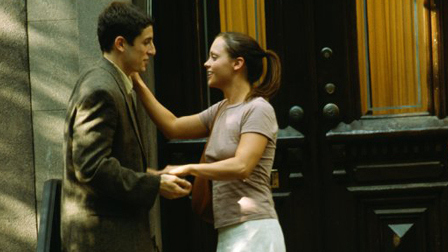
Woody Allen’s directorial style in “Anything Else” is marked by his trademark blend of neurotic humor, introspection, and candid conversations about relationships. The film is a contemporary take on Allen’s classic themes: love, insecurity, and the pursuit of happiness in a world that often seems nonsensical.
Unlike some of Allen’s more critically acclaimed works, “Anything Else” has a younger cast and a modern setting that appeals to a different audience. Yet, it retains the elements that define Allen’s work: witty dialogue, flawed characters, and the eternal struggle to find meaning in chaotic relationships. It’s this mix of humor and depth that has endeared the film to a growing fan base over the years, solidifying its status as a cult classic among Allen enthusiasts.
Cult Following: Rediscovering “Anything Else”
Despite its mixed initial reception, “Anything Else” has found a new life among fans of Woody Allen’s work and cinephiles who appreciate its quirky take on romance. The film’s dialogue-driven storytelling, awkward yet heartfelt moments, and eccentric characters have all contributed to its renewed popularity.
Many viewers now regard it as an underappreciated gem in Allen’s filmography, offering a fresh perspective on the familiar themes of love, ambition, and human folly. The film’s enduring appeal lies in its ability to capture the complexities of modern relationships with humor and empathy, making it a relatable experience for audiences across generations.
Conclusion: “Anything Else” as an Underappreciated Gem
“Anything Else” may not be among Woody Allen’s most critically lauded films, but it stands as a testament to his enduring talent for crafting stories that delve into the quirks of the human heart. With standout performances from Christina Ricci, Jason Biggs, and Woody Allen himself, the film manages to balance humor and heartache, making it both entertaining and thought-provoking.
The film’s exploration of modern romance, coupled with its witty dialogue and eccentric characters, has allowed it to evolve from a misunderstood release to a beloved cult classic. For fans of Allen’s work and newcomers alike, “Anything Else” offers a unique blend of comedy and insight that remains engaging and relevant.
As time passes, this romantic comedy continues to captivate audiences, proving that even lesser-known films in Allen’s repertoire can leave a lasting impression. “Anything Else” is more than just a romantic comedy; it’s a quirky, heartfelt, and humorous look at the messiness of love, highlighting Woody Allen’s enduring power as a storyteller.
